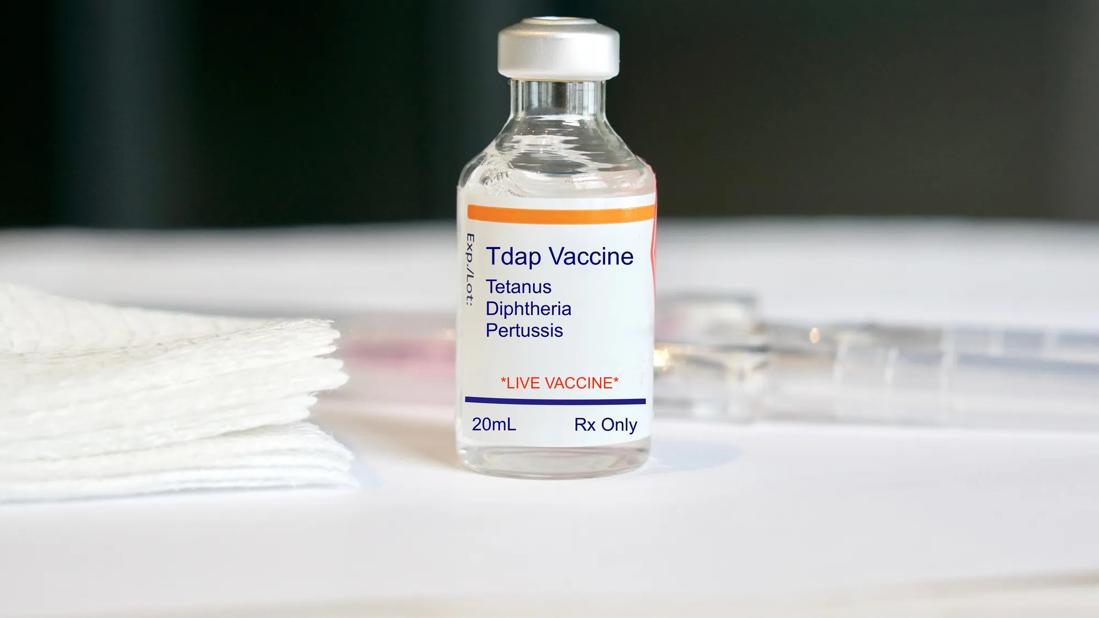Women most likely to move past hesitancy upon advice by their doctors

The spread of SARS-CoV-2 has lent urgency to the challenge of educating the public about the importance of vaccination, but reluctance has been familiar among physicians and infectious disease experts since long before the start of the pandemic. For years, uptake has lagged for vaccination for more common illnesses, such as influenza. Pregnant women may be especially wary of being inoculated, despite protections vaccines deliver to mother and fetus.
Advertisement
Cleveland Clinic is a non-profit academic medical center. Advertising on our site helps support our mission. We do not endorse non-Cleveland Clinic products or services. Policy
In “Vaccination in pregnancy: A call to all providers for help” published in the Cleveland Clinic Journal of Medicine (March 2021), Jonathan D. Emery, MD, and Daniel Moussa, BS, draw on research of vaccine safety and efficacy to highlight the need for care providers to encourage their pregnant patients to receive the influenza vaccine and the Tdap, which protects against tetanus, diphtheria and pertussis. Conversations with providers stand the best chance of overcoming hesitancy, the authors say.
Among vaccines available to pregnant women, only Tdap and influenza are recommended during every phase of the childbirth cycle. Yet hesitancy toward both of the vaccines has increased.
Pregnant women infected by seasonal flu are at higher risk than non-pregnant women for pneumonia, respiratory failure and hospitalization because of changes to T-cell immunity and lung capacity. Conversely, immunization during pregnancy confers considerable passive immunity to the fetus. The authors cite studies showing that 3.24% of infants born to vaccinated mothers developed influenza illness compared to 4.95% of infants of unvaccinated mothers. Few mothers have experienced adverse side effects from the influenza vaccine, and there have been no adverse effects found among the babies of flu-vaccinated women.
Pregnant women should receive the inactivated influenza vaccine rather than the live, attenuated influenza vaccine, the authors note.
To protect newborns against Bordatella pertussis bacteria, the American College of Obstetricians and Gynecologist and the Advisory Council on Immunization Practices both recommend that pregnant women receive Tdap vaccines. Immunization uptake in pregnant women stands at just over 50%, however.
Advertisement
Vaccination prevents more than 90% of hospitalizations and 95% of deaths in the first months of life. Because infants cannot receive their first pertussis vaccination until they are at least 6 weeks old, newborns whose mothers were unvaccinated are vulnerable.
For optimal benefit to the baby, pregnant women should receive the Tdap vaccine during the third trimester of gestation.
The reasons that pregnant women decline to be vaccinated include the fear of becoming sick, concerns that they will have adverse effects on the fetus, and a belief that vaccines are unnecessary. Primary care physicians, obstetricians and gynecologists, and other medical specialists are best poised to address a woman’s reasons for not being vaccinated. The authors cite studies that show that healthcare providers, including primary care providers and specialists, are more likely to succeed than public information campaigns in making the case for pregnant women to be vaccinated.
While the importance of influenza and Tdap vaccines were the subjects of the authors’ focus, they recommended that pregnant patients speak to their providers about the choice to be vaccinated against SARS-CoV-2. They also recommend that clinicians continue to monitor information about COVID-19 vaccines so they can best advise their patients.
Click here to read the full article in the Cleveland Clinic Journal of Medicine.
Advertisement
Advertisement